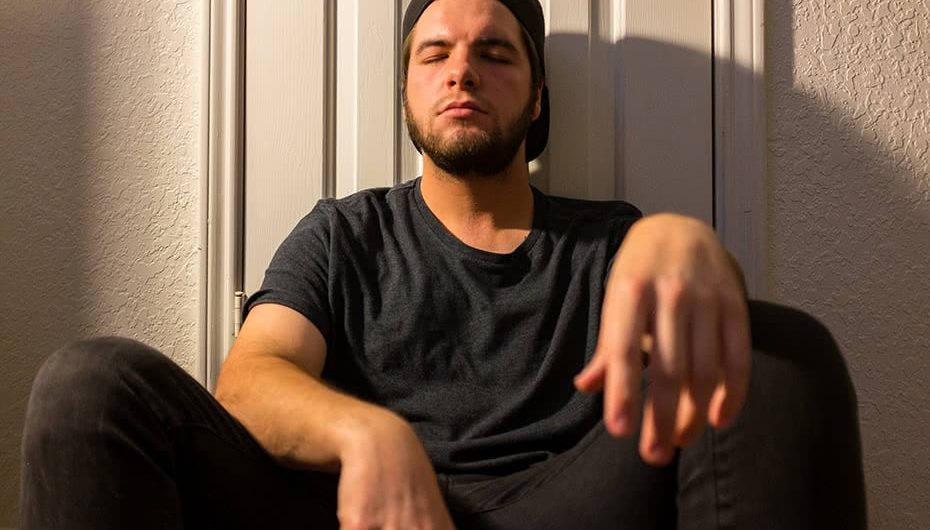Depressants are psychoactive drugs which temporarily diminish the normal function of the brain and central nervous system. These drugs include opiates and opioids, barbiturates, benzodiazepines, tranquilizers and alcohol. Due to their effects, these drugs can be referred to as “downers”.
Types of Depressants
Alcohol is the most frequently used depressant. Types of alcohol include beer, wine, and liquor. Alcohol is a psychoactive drug that reduces attention and slows reaction speed. Alcohol intoxication affects the brain, causing slurred speech, clumsiness, and delayed reflexes. Other physiological effects include altered perception of space and time, reduced psychomotor skills, disrupting equilibrium. The immediate effects of a large amount of alcohol include spurred speech, disturbed sleep, nausea, and vomiting. Even at low doses, alcohol significantly impairs judgment and coordination.
Barbiturates are a group of drugs known as sedative-hypnotics, creating sleep-inducing and anxiety-decreasing effects. Barbiturates produce effects from mild sedation to total anesthesia. Barbiturates can be injected into veins or muscles, but usually taken in pill form. They are sedatives used to treat insomnia, anxiety, and seizures. Barbiturates produce similar effects during intoxication. Symptoms of barbiturate intoxication include respiratory depression, lowered blood pressure, fatigue, fever, unusual excitement, irritability, dizziness, poor concentration, sedation, confusion, impaired coordination, impaired judgment, addiction, and respiratory arrest which may lead to death. Users report that a barbiturate high gives feelings of relaxed contentment and euphoria. The main risk of abuse is respiratory depression. Other effects of barbiturate intoxication include drowsiness, lateral and vertical nystagmus, slurred speech and ataxia, decreased anxiety and loss of inhibitions.
Benzodiazepines, commonly referred to as a “benzo”, are most commonly used to treat insomnia and anxiety. The five most common benzos are Xanax, Ativan, Klonopin, Valium, and Restoril. Benzodiazepines are used to produce sedation, induce sleep, relieve anxiety and muscle spasms, and to prevent seizures. In general, they act as hypnotics in high doses, anxiolytics in moderate doses, and sedatives in low doses.
Opiates are found in opium. The major active opiates found in opium are morphine, codeine, thebaine, and papaverine. Semi-synthetic opioids such as heroin, oxycodone, and hydrocodone are derived from these substances as well. Opiates can be injected, snorted, or smoked. The short-term effects of opiate abuse consist of a surge of euphoria coupled with a warm flushing of the skin, dry mouth, and heavy extremities. Following initial euphoria, users alternate between a wakeful and drowsy state. Mental functioning becomes clouded due to the depression of the central nervous system.
Tranquilizers
Tranquilizers are used to treat anxiety or problems with sleep. They have a calming effect by depressing the nervous system in a way similar to alcohol. They are the most commonly prescribed psychiatric medications. They produce a relaxing and anxiety-reducing effect. Minor tranquilizers have direct depressant effects on brain areas that regulate wakefulness and alertness. They enhance the action of receptors that stimulate the nervous system. Major tranquilizers primarily affect specific receptors in the brain that reduce psychotic thoughts, perceptions and agitation.
Side Effects
General side effects may include:
- Anxiolysis
- Analgesia
- Sedation
- Somnolence
- Cognitive/Memory Impairment
- Dissociation
- Muscle relaxation
- Lowered blood pressure/heart rate
- Respiratory depression
- Anesthesia
- Anticonvulsant effects
- Feelings of euphoria
Health Effects
Most CNS depressants act on the brain by affecting the neurotransmitter gammaaminobutyric acid (GABA). Neurotransmitters are brain chemicals that enable communication between brain cells. GABA works by decreasing brain activity. So, due to depressants ability to increase GABA activity, a drowsy or calming effect is produced.
With continued use of depressants, the body will develop a tolerance for the drugs, requiring larger doses to achieve the initial effects. When use is reduced or stopped, withdrawal will occur due to the reuse of brain activity, potentially leading to seizures and other harmful consequences.


